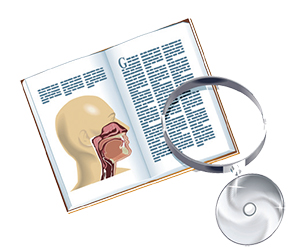There is level 1 evidence that suggests UPPP surgery is an effective treatment for OSA in the appropriately selected patient.


There is level 1 evidence that suggests UPPP surgery is an effective treatment for OSA in the appropriately selected patient.

Melatonin can be a useful tool to counter the effects of jet lag on human sleep-phase shifting when administered at the proper time

Bariatric surgical weight loss consistently reduces the severity of AHI and associated symptoms

Research suggests lingual tonsillectomy can help improve OSA in children

Bariatric surgical weight loss has been shown to consistently reduce the severity of AHI and associated symptoms among obese patients, but cures for OSA are elusive

Sleep interruptions can reduce patients’ threshold of pain, increase risk of complications, extend convalescence, contribute to poor physical/mental performance, lower patient satisfaction

Snoring without OSA may contribute independently to cardiovascular disease and mortality

While there is no evidence that nasal surgery alone will improve objective measures of OSA, patients experience subjectively better sleep and quality of life following corrective nasal surgery

Overnight monitoring is advised for patients with higher preoperative apneic indices, and/or cardiovascular comorbidities, and those undergoing tongue base surgery who may be at higher risk for respiratory complications

The role of hyoid procedures in the surgical management of SDB remains uncertain, as several reports have emerged questioning their potential benefit.